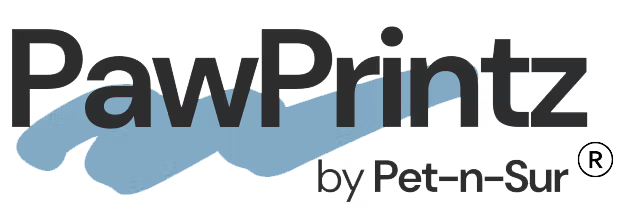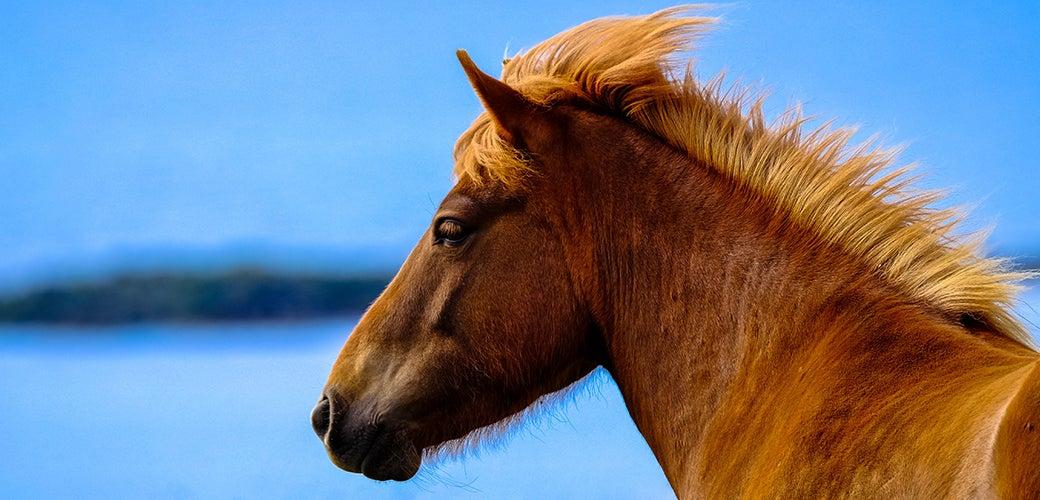
Raising a Young Horse or Foal Successfully

Young horses require several key elements to ensure they grow into happy and settled adults. Find out the role that environment, exercise and diet play.
Is there anything more exciting than having a young foal, weanling, or yearling out in the paddock? There is so much potential contained within a young horse; as they start as blank slates, what you input into your foal is very important. Caring for your horse during this formative time can negatively, or positively, impact their potential.
Safe, stimulating environment
One of the first establishing factors in caring for a horse under four years old is providing a stimulating, but safe, environment. A large paddock with space to roam and exercise is ideal and having interesting terrain such as hills, a stream, bushes and a variety of forage is ideal. If your paddock is flat and grassy don’t despair, as the most important part of providing your foal a place to grow is safety.
Exercise
Sometimes circumstances mean that horses don’t get space to explore and move around on their own. This brings another important factor into play when raising a young horse successfully: exercise. Lunging a young horse in circles at the end of a long line is good for the development of its body, conformation and mind.
Some researchers make comparisons between young horses and children. If it’s fun, and they have time to play and run around, they are well on their way to enjoying a great ‘childhood’.
Diet and nutrition
Another key factor in caring for a young horse is its diet and nutritional needs. Do research, talk to experts and look at the evidence when designing a nutritious and consistent feeding plan for your horse.
Since horses under four are growing rapidly, it is of utmost importance to provide your baby with the correct feed formula. Carefully choose the amount of supplements and treats you feed them, as it is easy to cause nutritional imbalances in young horses. For example, apples and carrots – while considered by many to be an acceptable treat – contain large amounts of glucose that may create an imbalance in your foal if overdone. Similarly, overfeeding a supplement like copper may cause zinc deficiency.
When you own a young horse, you are responsible for establishing its future success and wellbeing. The decisions you make will determine not only their current health and welfare, but also their future. Caring for your young horse is an enjoyable task that – if done carefully and correctly – will deliver tremendous reward and satisfaction.

